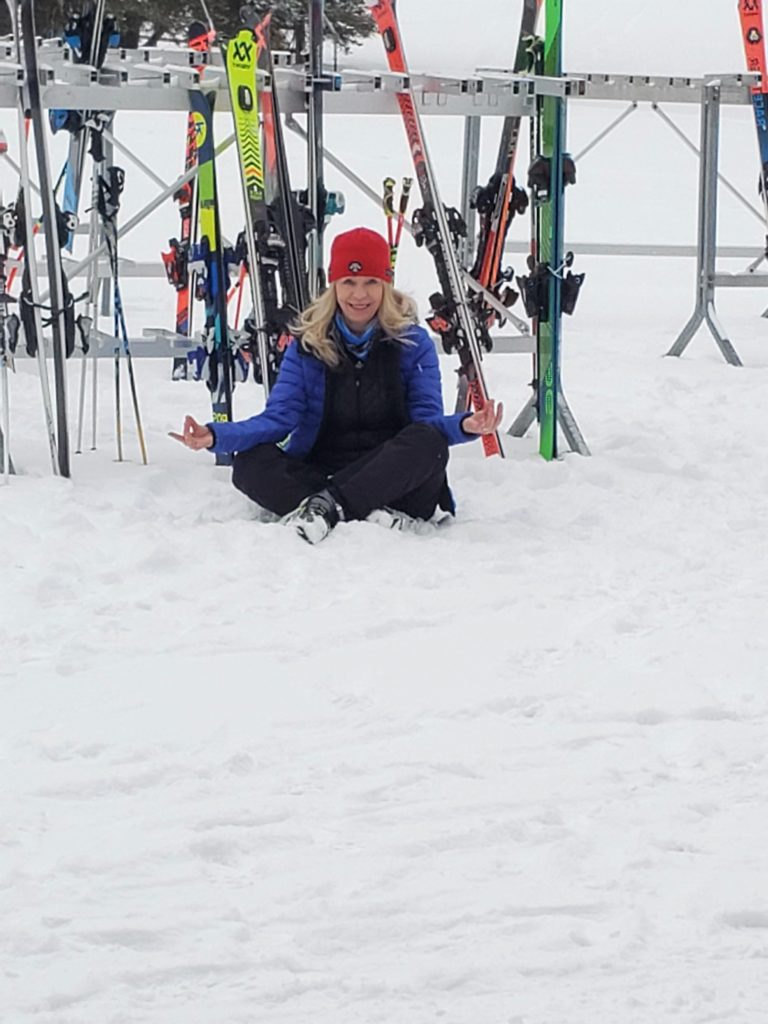Transforming your organization is a journey, not a destination. The idea of transformation is ambitious and looks pretty exciting on paper.
You might have all the numbers in place. And yet, all that work will be for nothing if you neglect one fundamental element: your corporate culture. I recently talked about what it means to create a culture of transformation on Fast Company.
Transforming Alludo
Over the past year, we have undergone a monumental transformation. We made a strategic acquisition and embraced a remote-first working environment. While we still have our legacy and more than 35 years of history, we became Alludo with a whole new name, visual identity and brand voice.
While I’m incredibly proud of what we’ve achieved, I also acknowledge that transformation inherently involves growing pains. It’s uncomfortable yet absolutely essential to drive the business forward.
Culture is the linchpin for fostering corporate transformation. Let’s talk about how to get it right.
The importance of culture
I often say that “culture is what happens when you’re not in the room.” Authentic company culture can’t be micromanaged and forced into existence. It must represent the company’s objectives while infusing the core elements of the people working toward those objectives.
As a leader, you won’t always be in the room. Your team needs to deeply understand and align with your culture. It needs to be in their DNA. They need to feel it through every interaction and decision—and live it when you’re not there.
How do you make this happen? In short, reward what you value—and keep doing that, over and over.
Ready to develop a culture of transformation? Here are five tips to get started:
1. Create a safe space for questions
I believe in creating a safe space for difficult questions. Anonymity is one of the most powerful tools you have to get at the root of what is really going on and bubbling up in your organization.
Transitions are going to elicit uncertainty, and people should be able to get information without fear of repercussions. At our company, anonymous questions can be asked and answered at our Town Hall meetings. Any question is fair game, as long as it’s asked with respect and sincerity.
We welcome anonymous questions, no matter how challenging. But it’s good to note that anonymous doesn’t mean it’s open season for snarkiness. With the expectation that questions and feedback should be constructive, you can create more time and space for authentic conversations and transparency.
2. Create feedback loops so the best ideas can surface
I’m a big believer in Kim Scott’s Radical Candor framework. It involves soliciting and delivering clear, direct and honest feedback—but delivering that feedback with care and empathy. The onus is on leaders to initiate this cultural shift.
You need to start asking people for feedback and be willing to take the response. Kim recommends that leaders have a go-to question or line to initiate this feedback.
Mine is “Please disagree with me. Tell me what I’m missing here.”
3. Make it safe to fail
True transformation can’t happen if everyone is too scared to challenge the status quo. As a leader, it’s your job to establish guardrails, and then encourage people to take risks within them. Critically, you must not only encourage risk-taking but reward it—even, and perhaps especially—if that calculated risk results in a failure. Lead by example.
What you reward is one of the most powerful levers you can pull.
4. Embrace flexibility
Focus on outcomes instead of inputs, and this means resisting the urge to micromanage where, when, or how people do their work.
Flexibility doesn’t mean lowering your standards; rather, it allows you to keep your standards sky-high and challenge people to optimize their workflow to get there.
A flexible workplace helps narrow the gap between what employees want in terms of a workplace structure and what many employers are willing to offer. It’s also a notable advantage for attracting and retaining talent.
5. Consider investing in data
You can’t develop a culture of transformation if you don’t know where you’ve been, where you are or where you’re going. That knowledge stems from data. During a transformation, consider the role data can play.
It’s important to be as transparent about that data as is safe and feasible. It’s entirely possible to be both people-first and data-driven. Leveraging data, and making that data transparent, helps people feel comfortable knowing that they’re putting their transformation efforts in the right place.
This, however, can feel like a battle at first. You’re paying dividends with no immediate return. The payoff comes over time as you gather enough data that raw information turns into intelligence. Just like you can’t have good decision-making without data; if your culture isn’t solid, your transformation may be rocky.
When all these elements are in place, transformation carries your culture forward and reinvigorates it rather than dismantling it. Given the current macro environment, leaders can’t wait to adapt and transform. It may not be easy, but it’s worth it.
Read the full version of my article on Fast Company.


